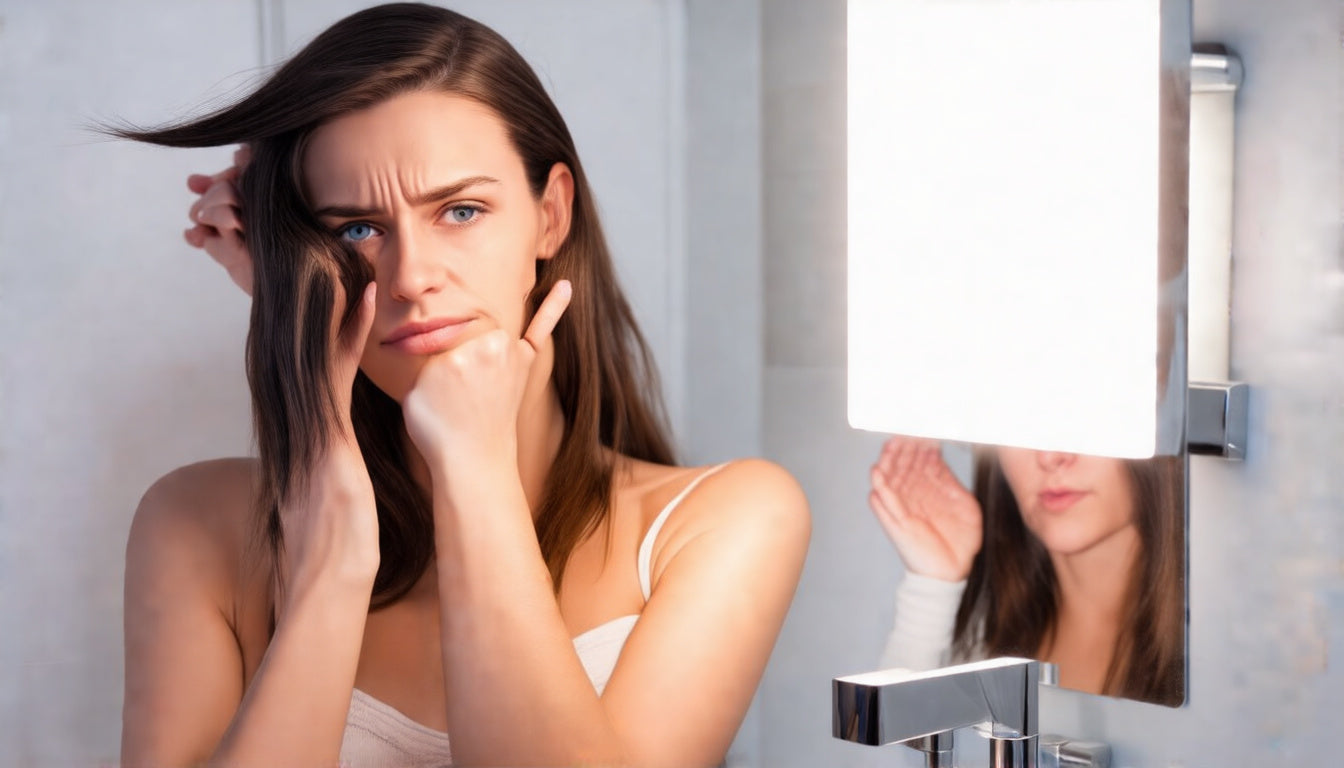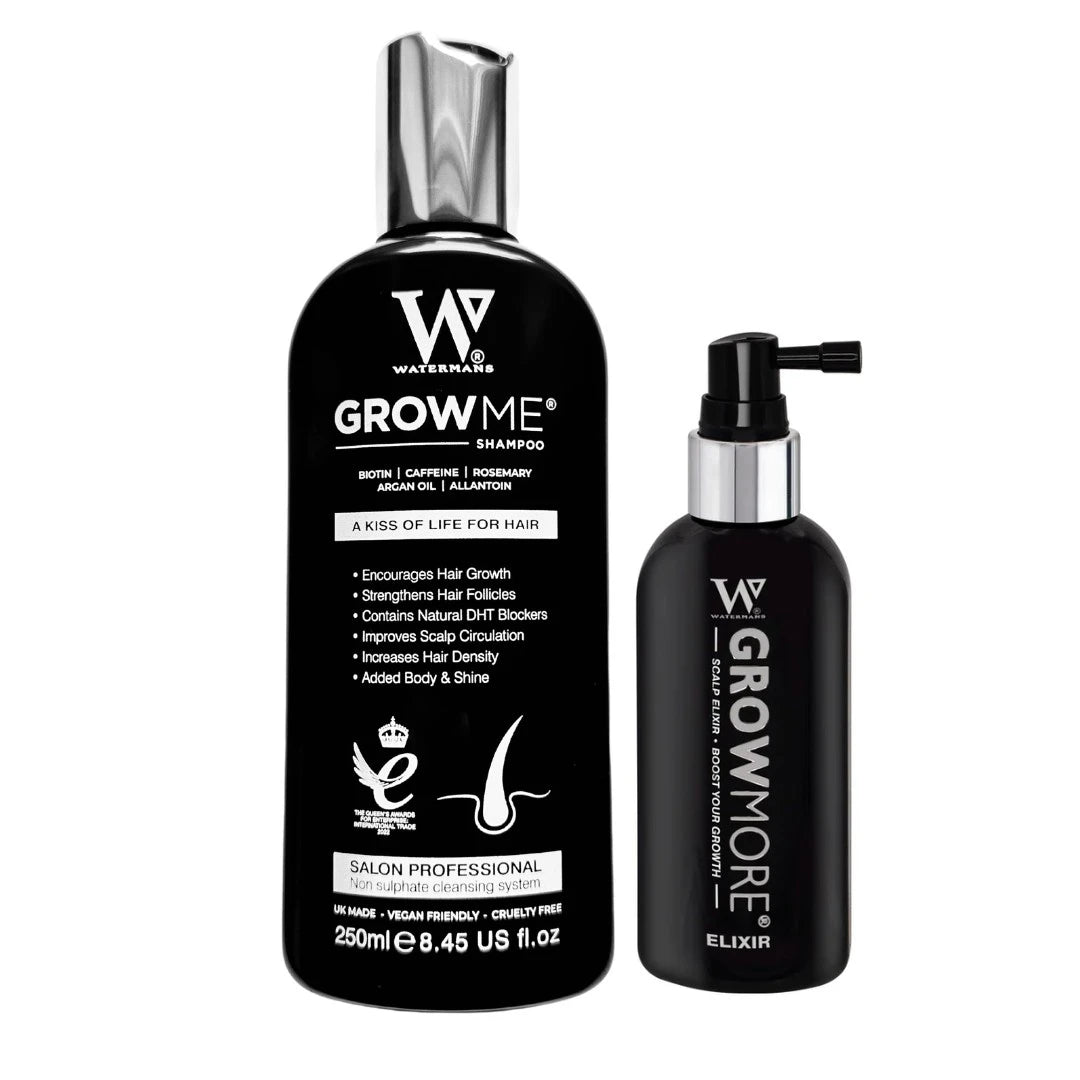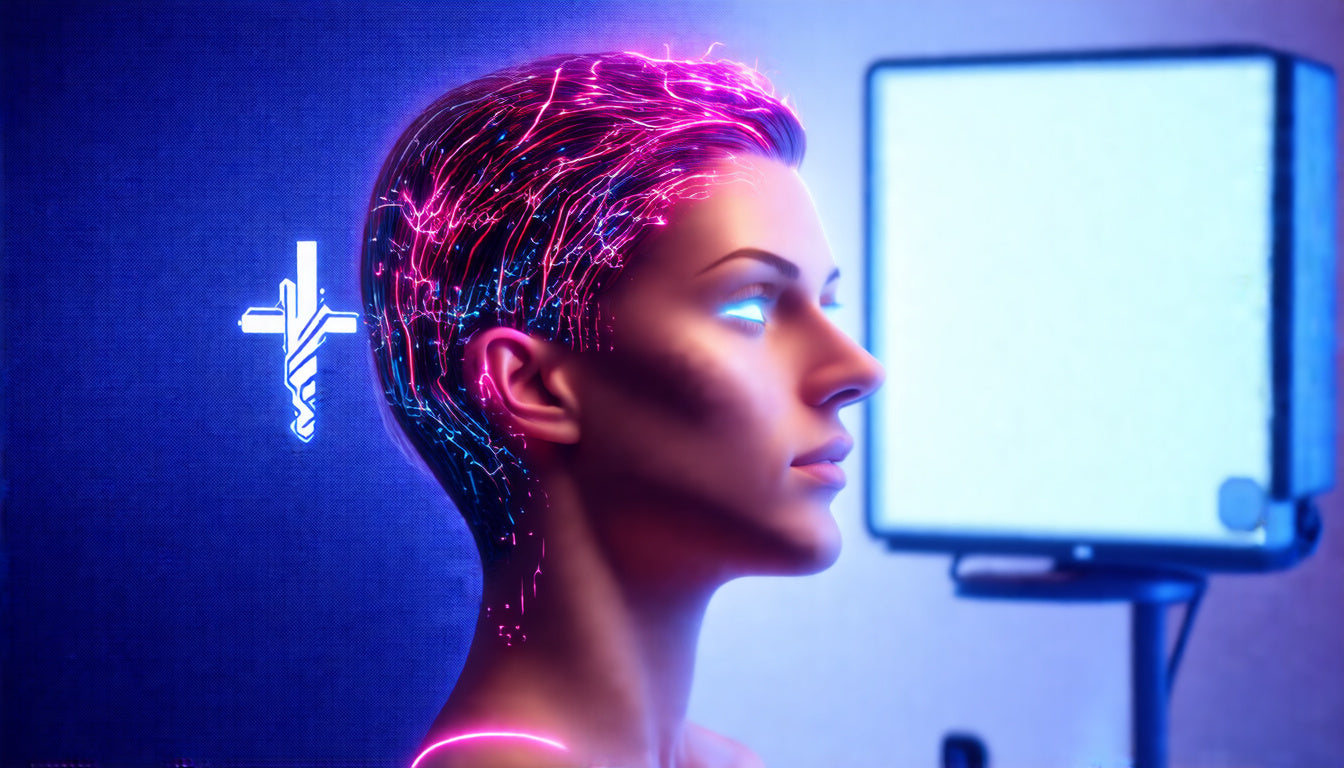
Estrogen Hair Loss: Causes, Symptoms, and Effective Treatment Options
Estrogen hair loss affects many people. It often confuses readers. It mainly hits women at many life stages. Estrogen hormone loss triggers weak hair. The hormone helps hair grow. Its drop makes follicles rest too soon, which leads to more hair falling out.
What is Estrogen Hair Loss?
Estrogen hair loss means hair thins when estrogen falls. The drop makes hair rest instead of growing. Hair sheds quickly, and density drops with time.
How Estrogen Impacts Hair Growth
Estrogen helps hair grow longer. It keeps hair in its growing set and stops hormone harm from other hormones like testosterone. When estrogen falls, the hair suffers. The fall occurs after childbirth, during perimenopause or menopause, when hormone pills change, or with thyroid and adrenal issues. Recognizing these times aids quick care.
Causes of Estrogen Hair Loss
Many factors connect to estrogen. They may lead to more hair shedding.
1. After Childbirth
After a baby, estrogen falls fast. This fall may push hair into a resting state—all at once. The result is extra shedding two to four months after birth.
2. Menopause and Perimenopause
Aging brings lower estrogen. When estrogen drops, hair thins, especially at the front. Hair feels dry and brittle.
3. Hormone Pills and Replacement Therapy
Starting or stopping pill use shifts estrogen levels. Some women see more hair fall when hormones swing.
4. Thyroid and Adrenal Issues
Problems in these glands change how the body uses estrogen. These shifts can lead to more hair loss.
5. Diet Gaps and Stress
A poor diet and stress may not cause hair loss directly. They make hair and scalp health suffer.
Recognizing the Signs
Spotting hair loss helps start care early. Look for these signals:
• General thinning across the head
• More hair on brushes or in the shower
• Lower hair volume and density
• More scalp showing
• Finer or brittle strands
Estrogen hair loss makes diffused thinning. It does not leave clear bald spots.
Best Treatments for Estrogen Hair Loss
Treatments aim to fix hormone imbalance and wake up hair follicles.
1. Natural, Non-Medical Solutions
Many choose natural hair care to boost scalp blood flow. One option is Watermans Grow Me Shampoo. It mixes ingredients that feed hair and scalp. Its blend includes:
• Biotin, which strengthens hair
• Rosemary extract to boost blood flow
• Caffeine that wakes up sleeping follicles
• Niacinamide for scalp strength
• Argan oil for moisture
• Allantoin that soothes
• Lupin protein to add volume
This mix helps wake up the scalp and adds fullness before turning to stronger methods. Check out the shampoo and the Hair Survival Kit on Watermans Hair’s site.

2. Hormonal Therapy
In hard cases, a doctor may suggest hormone therapy. This helps keep hormones in balance but needs close care.
3. Nutritional Support
A well-balanced diet can feed hair growth. Vitamins A, D, E, zinc, iron, and omega-3 fats help a lot. Supplements may help if the diet lacks these.
4. Topical Treatments
Minoxidil is a treatment many turn to. It can regrow hair. Still, fixing hormone gaps stays a must.
5. Stress Management
Stress can hurt hormone balance. Techniques such as meditation, yoga, or regular exercise may help.
Lifestyle Tips to Reduce Estrogen Hair Loss
• Eat a balanced diet full of whole foods.
• Skip harsh hair treatments like strong heat or chemical dyes.
• Wash with gentle, sulfate-free shampoos such as Watermans Grow Me Shampoo.
• Keep stress low with simple relaxation steps.
• Drink enough water to feed the scalp and hair follicles.
Bulleted Summary: Key Points
• Estrogen keeps hair growing by lengthening the growing phase.
• Hair loss happens during times like post-childbirth, menopause, or when hormones change.
• Signs include thinning hair and more shedding.
• Natural products like Watermans Grow Me Shampoo help support scalp health.
• Medical steps may include hormone therapy or minoxidil.
• A better diet and low stress count, too.
Frequently Asked Questions
Q: What makes hair loss worse in menopause?
A: Menopause cuts estrogen fast. This raises the impact of other hormones that shrink hair follicles.
Q: Can hair loss fix itself with natural care?
A: Many times, yes. Shampoos that feed the scalp and wake sleeping follicles work well.
Q: Is estrogen hair loss permanent?
A: It is often temporary. Fixing the hormone gap helps hair regrow.
Why Try Watermans Grow Me Shampoo?
Many try natural steps first. Watermans Grow Me Shampoo works with a mix of natural ingredients to feed the scalp and add volume. It helps wake up resting follicles and adds body to hair. For more details, visit Watermans Hair’s website and check the Hair Growth Boost Set.
For more medical tips on hair loss, the Mayo Clinic has trusted advice available on their site.













